Fluid & Heat Blog Posts
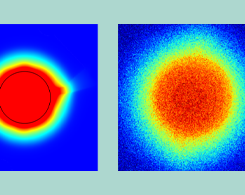
Developing a Silicon MEMS Chip for On-Demand DNA Synthesis
The development of genome editing tools like CRISPR-Cas9 has increased the demand for DNA synthesis technology. Researchers are creating a DNA synthesis platform to broaden horizons in the field.
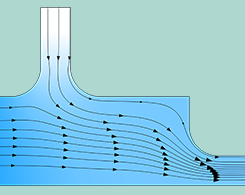
How to Simulate Control Systems Using the PID Controller Add-In
A PID controller can be used in a variety of industries. This blog post demonstrates how a PID controller add-in can be easily incorporated in two simulation examples.
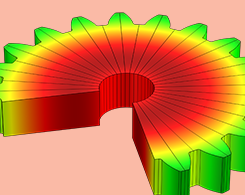
Introducing the Metal Processing Module
The Metal Processing Module includes 2 interfaces for analyzing diffusive and displacive metallurgical phase transformations: Metal Phase Transformation and Austenite Decomposition.
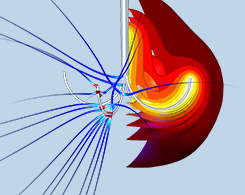
Heat Transfer in Biological Tissue with Thermal Damage Analysis
Hepatic tumor ablation using radiofrequency heating, microwave coagulation therapy, and other cancer treatments can be studied by modeling the electromagnetic heating of biological tissues.
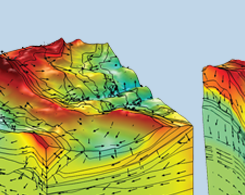
Integration of Geological Structures into Regional-Scale Groundwater Models
To study the dynamics of hydraulic processes at different scales, geotechnical researchers need to be able to integrate complex geological structures into their hydrogeological models.
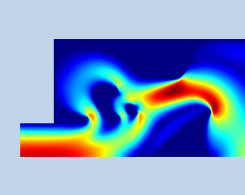
Performing a Shape and Topology Optimization of a Tesla Microvalve
1 Tesla microvalve model, 2 ways: The shape optimization features available in COMSOL Multiphysics enable you to improve simple designs inspired by more complex topology optimization results.
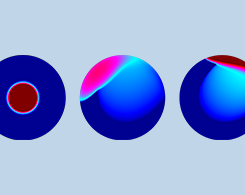
Finding the Best Way to Make Crêpes with Fluid Dynamics Research
The recipe for the perfect crêpe calls for flour, eggs, milk, sugar, butter, and…simulation? Fluid dynamicists used simulation to solve the optimal coverage problem for crêpe making.
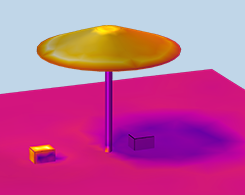
The Importance of Thermal Radiation in Your Models
Conduction and convection tend to get more attention from simulation engineers, but radiation plays an important role as well. Learn how (and why) to account for thermal radiation in your models.
